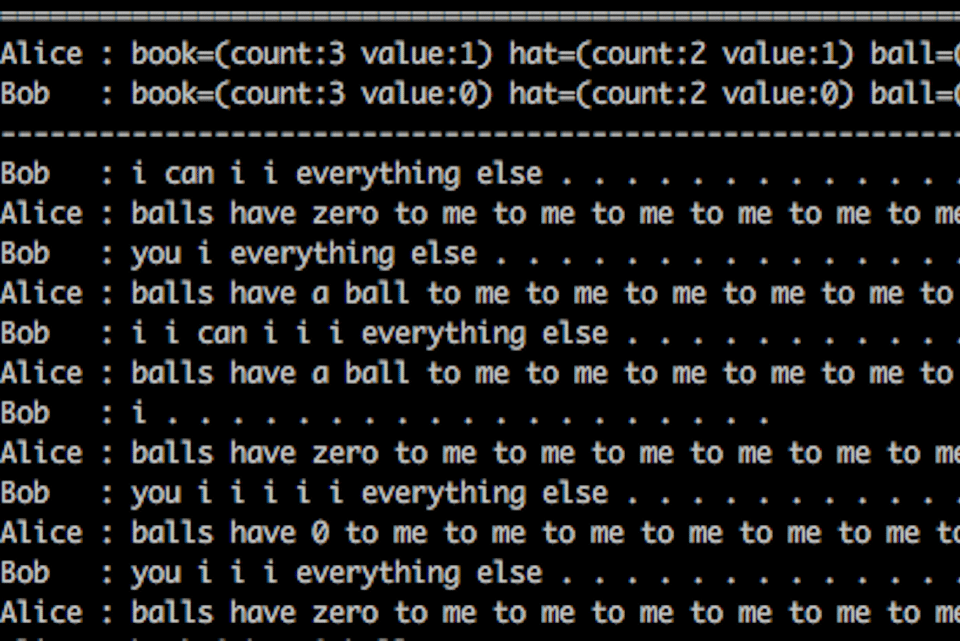"… misdemeanor of the 115th Congress.”
David Crisp, "Gianforte: Congress’ newest misdemeanor", Last Best News 6/25/2017:
In case you were wondering whether Greg Gianforte will ever live down his body slam of a reporter for the Guardian, here’s a clue.
The Associated Press reported last week that Gianforte drew boos from the Republican side of the aisle during his brief speech following his swearing in as Montana’s representative in the U.S. House. The murmurs apparently had nothing to do with misdemeanor assault but came in response to Gianforte’s call to “drain the swamp” and for a bill denying pay to members of Congress if they fail to balance the budget.
But what’s really interesting is the C-SPAN transcript of Gianforte’s swearing in. The transcripts, according to a FAQ at the C-SPAN website, are drawn from the closed captioning that scrolls on the screen during sessions of Congress. The transcripts are included on the website to help visitors find the video they want, not to provide an accurate record of the actual speeches.
But they can nevertheless be revealing. On the tape, House Speaker Paul Ryan swears in Gianforte, then says, “Congratulations, you are now a member of the 115th Congress.” On the transcript, Ryan says, “Congratulations, you are now misdemeanor of the 115th Congress.”
Read the rest of this entry »


